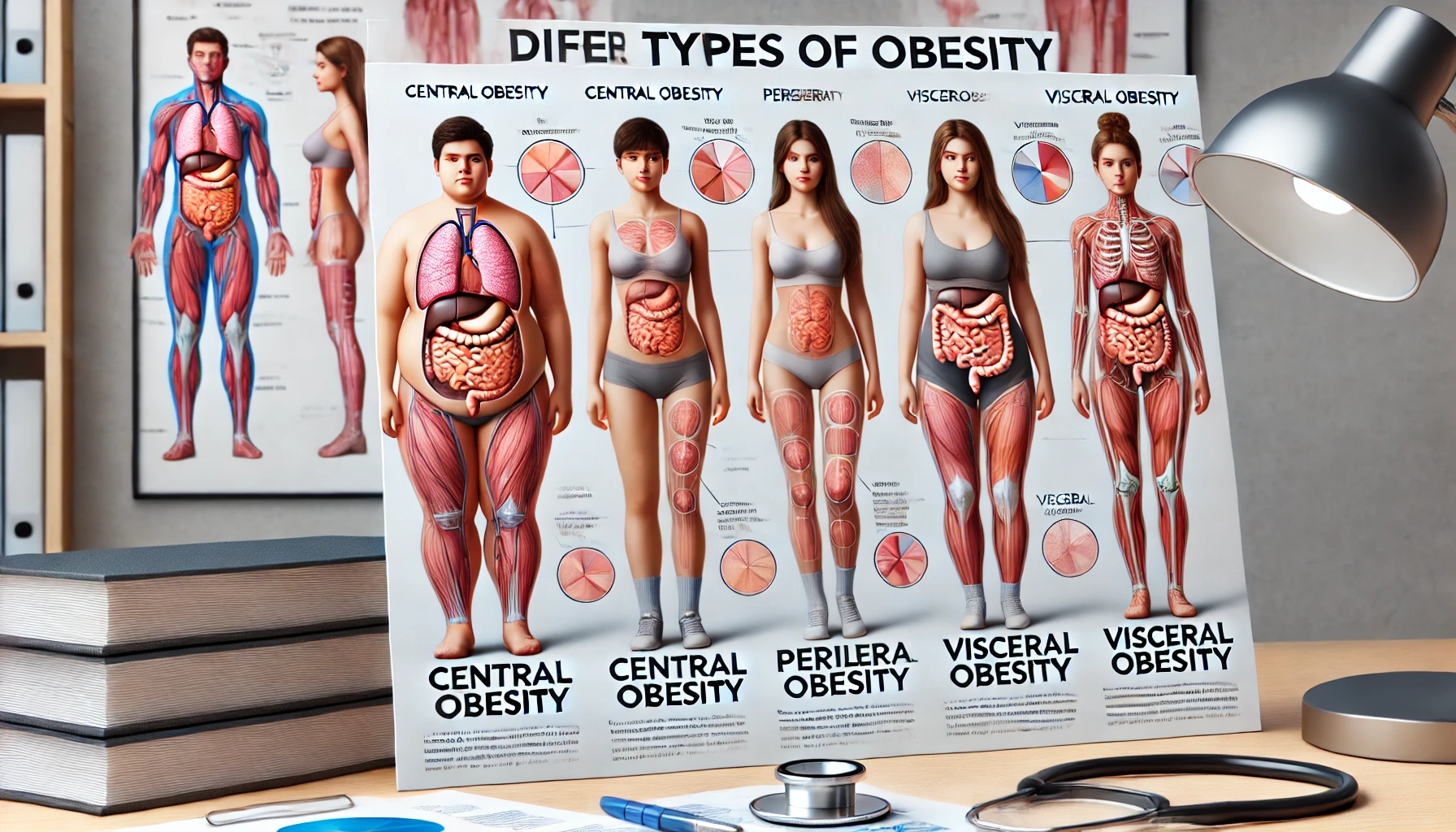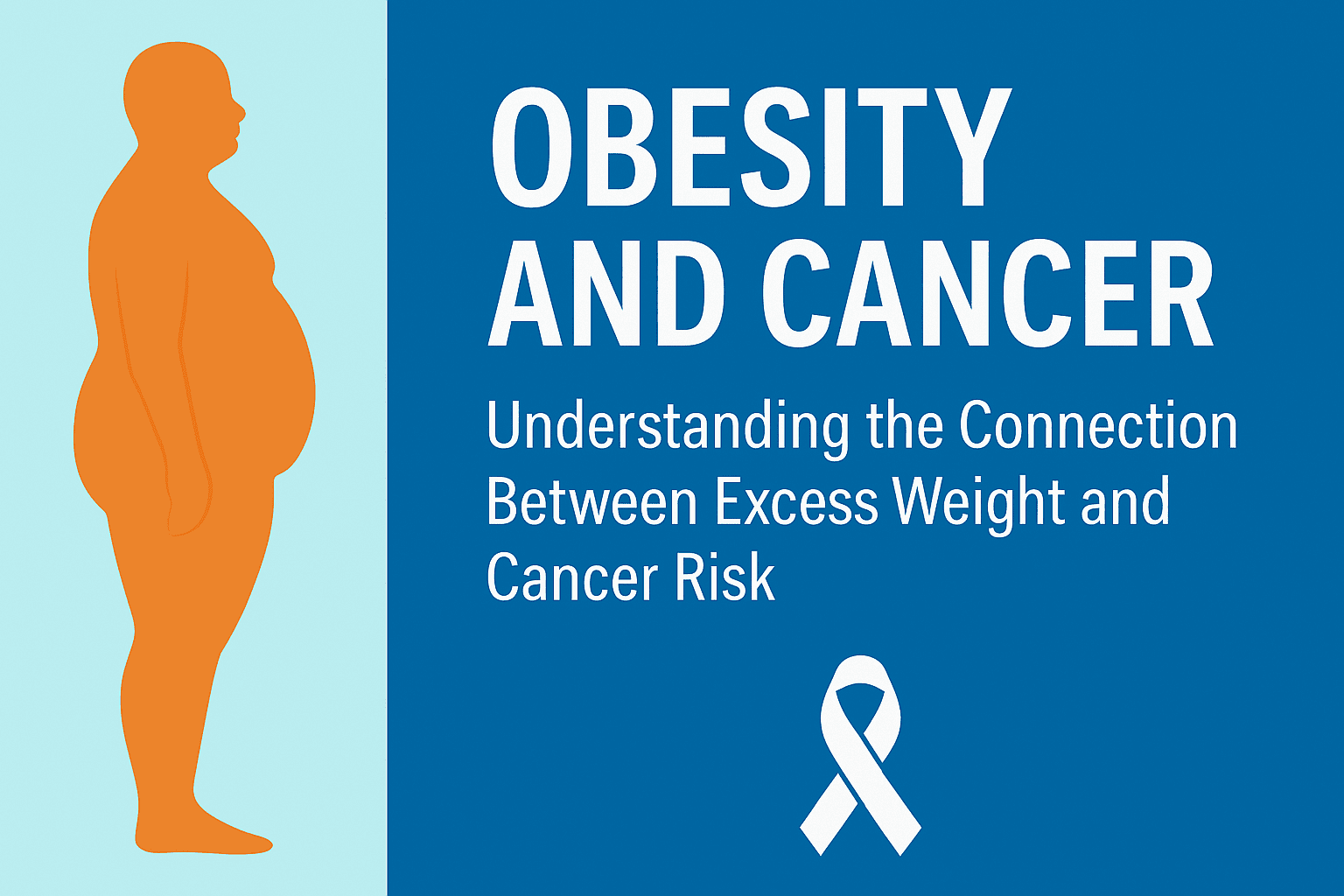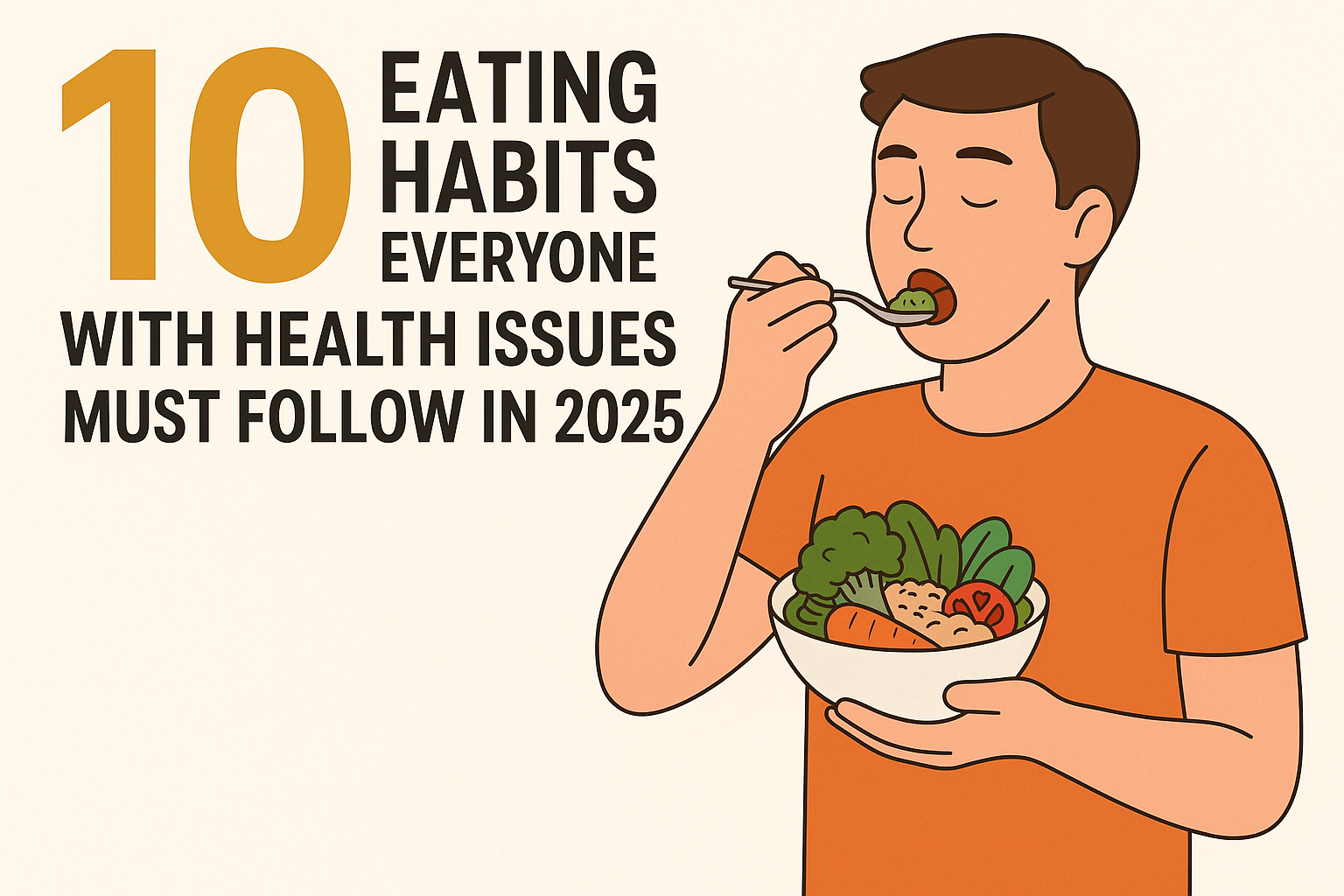Key Takeaways
- High cholesterol, a major silent risk factor for heart disease, is caused by poor diet, inactivity, genetics, and certain medical conditions.
- Diet and lifestyle are the most common and modifiable causes of high cholesterol.
- Genetics can play a major role, especially if high cholesterol runs in your family.
- Regular exercise, quitting smoking, and maintaining a healthy weight can significantly improve your cholesterol profile.
- Monitoring and treatment are essential—get your cholesterol checked regularly, especially if you have risk factors.
High cholesterol is often referred to as a silent health threat. Unlike conditions that come with clear symptoms, elevated cholesterol levels typically go unnoticed until they result in serious cardiovascular events like heart attacks or strokes. Understanding what causes high cholesterol is essential for taking proactive steps to protect your heart and overall health.
What is Cholesterol?
Cholesterol is a waxy, fat-like substance found in every cell of your body. It’s essential for:
- Building cell membranes
- Producing hormones
- Digesting fat through bile acids
Your body naturally produces cholesterol in the liver, but it’s also found in animal-based foods like meat, eggs, and dairy.
Cholesterol travels through your bloodstream in packages called lipoproteins:
- LDL (Low-Density Lipoprotein): Often referred to as “bad” cholesterol. High levels can lead to plaque buildup in arteries.
- HDL (High-Density Lipoprotein): Known as “good” cholesterol. It helps remove excess cholesterol from the blood.
Major Causes of High Cholesterol
1. Unhealthy Diet
A diet high in:
- Saturated fats (found in red meat, butter, cheese)
- Trans fats (found in many baked and fried foods)
- Cholesterol-rich foods (like organ meats and full-fat dairy)
These can raise LDL cholesterol levels and reduce HDL.
Fact: Just one fast food meal can contain 70–100% of your recommended saturated fat intake.
2. Lack of Physical Activity
A sedentary lifestyle can:
- Lower HDL levels
- Lead to weight gain, which increases LDL levels
Exercise helps boost HDL and improve the body’s ability to process fats efficiently.
3. Obesity
Carrying excess weight, especially around the abdomen, can:
- Raise LDL cholesterol and triglycerides
- Lower HDL levels
- Increase the risk of other heart diseases
4. Smoking
Tobacco smoke damages blood vessels and lowers HDL cholesterol. It also makes LDL cholesterol more likely to stick to arterial walls.
5. Excessive Alcohol Consumption
Moderate alcohol may increase HDL slightly, but excessive drinking raises total cholesterol and triglyceride levels significantly.
6. Genetics (Familial Hypercholesterolemia)
Some people inherit genes that cause their liver to produce too much cholesterol or not clear LDL efficiently. This condition often leads to extremely high cholesterol levels from a young age.
7. Age and Sex
- Cholesterol tends to rise with age.
- Women often have lower cholesterol than men before menopause, but levels can increase post-menopause.
8. Underlying Medical Conditions
Certain diseases and conditions can raise cholesterol levels, such as:
- Hypothyroidism
- Kidney disease
- Liver disease
- Type 2 diabetes (which often raises triglycerides and lowers HDL)
9. Medications
Some medications for other conditions (like diuretics, corticosteroids, or beta-blockers) may raise cholesterol levels as a side effect.
Why It’s Dangerous: The Silent Buildup
High cholesterol doesn’t cause pain or visible symptoms—but over time, it leads to atherosclerosis: a buildup of plaque in arteries that:
- Narrows blood flow
- Reduces oxygen supply to the heart or brain
- Increases the risk of heart attacks, strokes, and sudden cardiac events
How to Lower Cholesterol: The Good News
The good news is that most causes are modifiable. You can often lower cholesterol naturally through:
- Eating a Mediterranean-style diet
- Getting at least 150 minutes of moderate exercise/week
- Quitting smoking and limiting alcohol
- Managing weight and underlying health issues
- Taking medications (like statins) when needed, under a doctor’s guidance
Final Thoughts
High cholesterol is not a personal failure—it’s a complex result of biology and environment. But it can be managed. Regular screening, smart lifestyle changes, and targeted treatment can all help you stay ahead of this silent threat.
Knowledge is power—and now you’ve got it. Take action today to protect your heart tomorrow.
Disclaimer
This article is for informational and educational purposes only and is not intended as a substitute for professional medical advice, diagnosis, or treatment. Always seek the advice of your physician or a qualified healthcare provider with any questions you may have regarding a medical condition or treatment. Never disregard professional medical advice or delay seeking it because of something you have read here.



